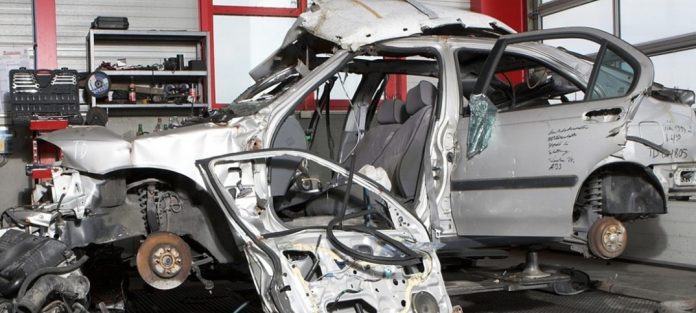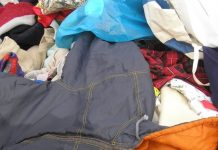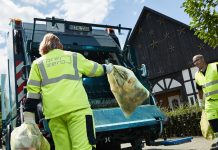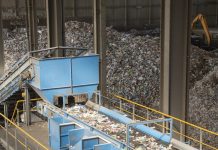Interview with Olivier François – Chairman of the Steering Committee of the International Automotive Recycling Congress IARC 2022 (July 5-7, Basel, Switzerland); President of EuRIC, the European Recycling Industries’ Confederation.
Mr. François, what are the main issues the automotive recycling industry faces at the moment?
Olivier François: There are 250 million vehicles currently circulating in Europe and the main priority today is to make sure they are correctly handled at their end of life. The automotive recycling sector has perfectly achieved the recycling targets that were fixed for the automotive industry by the European legislator in 2000, within the 2015 deadline despite the challenges, and in total autonomy of the car manufacturers. As a new Regulation combining Type Approval and End of Life Vehicles is expected from the European Commission by the end of 2022, the recycling industry needs to continue to have the capacity to innovate and invest to meet the increasing demands for more recycled content in vehicles. This is only possible if any proposed Extended Producer Responsibility (EPR) scheme governance allows the recycling industry to continue to operate as business partners of the automotive manufacturing sector. Typically, this balanced situation of responsibilities and charge of expenses can be found in the Belgium Febelauto organization, well-known for his win-win shared responsibilities between car manufacturers and recycling industry.
Why is the IARC 2022 congress particularly important this year?
Some of the most critical subjects currently under review by the European Commission include the use of recycled plastics in new vehicles for example, and their latest report on this subject will be shared at the IARC 2022. The sector is currently subject to profound change affecting the future of the entire industry. The role of the IARC since its creation in 2001 has always been to inform and provide a neutral forum for exchange and discussion between the different ELV stakeholders. Many of the key players and decision makers from the manufacturing and recycling industries, as well as the legislators, will gather at the IARC 2022 to discuss the best way forward for the entire value chain as the legal context is shifting.
How will the announcement by the European Commission to phase out thermal vehicles in 2023 affect the recycling sector?
What is critical for the automotive recycling sector this year and for the foreseeable future is to ensure, that the current fleet of 250 million vehicles in Europe are correctly taken care of. It will be many years before the new vehicles will reach recycling facilities in significant volumes, and for the moment, aside the replacement of the internal combustion engine by a battery, most of the material used in the vehicle design remains the same (steel N°1, plastics N°2, non-ferrous metals N°3, etc.). The recycling industry is now a major producer of raw materials: 50 per cent of the steel produced in the EU comes from our production, and we are continually investing in new technologies to increase capacity and the quality of recycled materials as the needs of the automotive sector evolve. Extracting raw materials from waste requires a strong expertise, we are proud of our recycling industry, and events such as the IARC are the key to sharing information on our achievements.
Source: ICM AG






